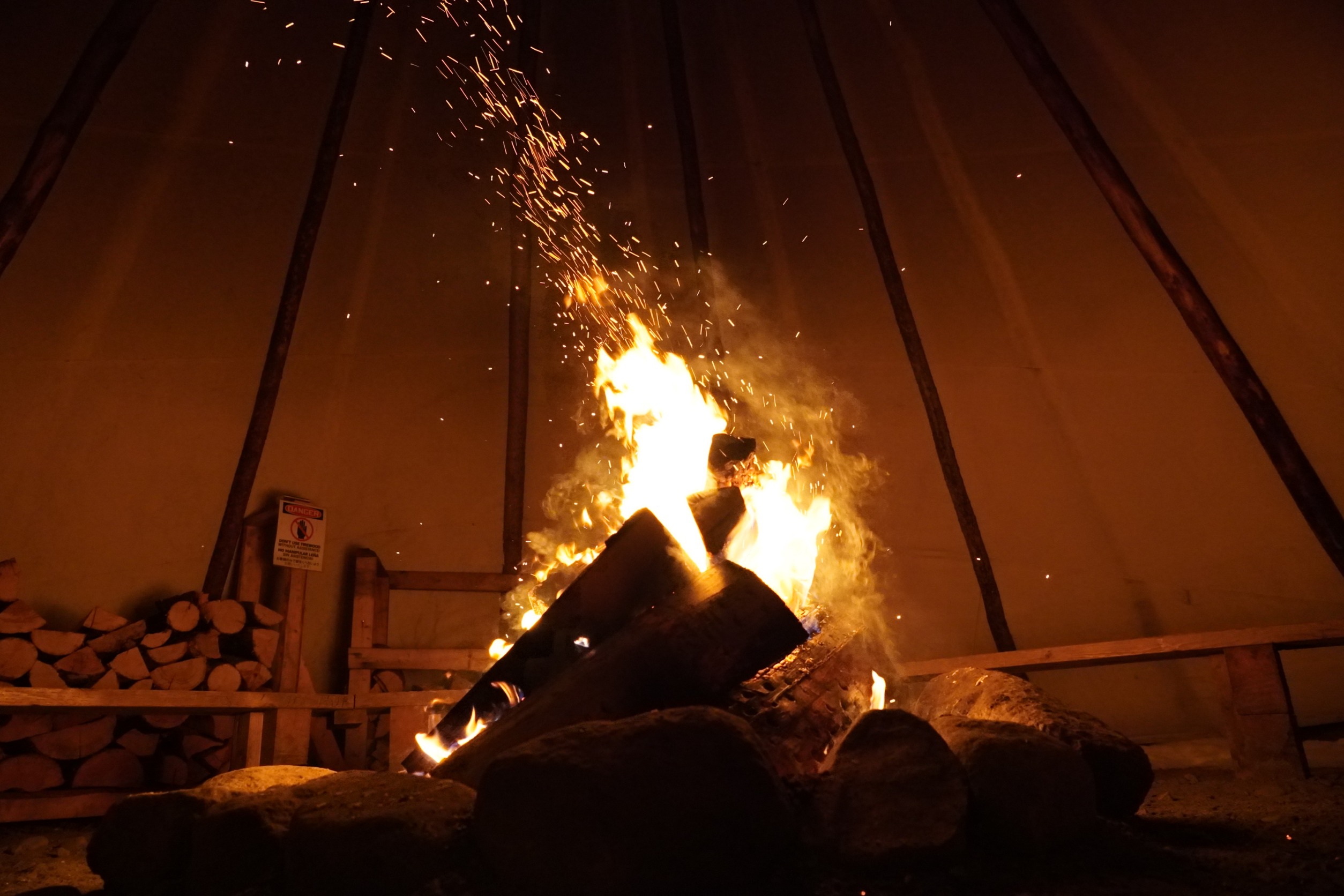BY THE OPTIMIST DAILY EDITORIAL TEAM
In a historic move toward culturally inclusive healthcare, Medicaid will now fund traditional healing treatments for Native Americans in four states: California, Arizona, New Mexico, and Oregon. This new pilot program will allow Medicaid to cover Indigenous cultural therapies like sweat lodges, music therapy, and ceremonial rituals, a significant step toward bridging conventional and traditional approaches to health and healing.
The Centers for Medicare & Medicaid Services (CMS) launched the pilot program, which represents a significant victory for Native communities. Roselyn Tso, director of the Indian Health Service (IHS), praised the move, stating, “These practices have sustained our people’s health for generations and continue to serve as a vital link between culture, science, and wellness.” The program will last two years and apply to services provided at IHS facilities, tribal clinics, and urban Indian health organizations.
Supporting recovery via tradition
Many Native Americans rely on traditional healing practices to manage substance use disorders. These treatments not only aid in physical recovery but also address underlying issues of trauma and spiritual separation. Emery Tahy, a 43-year-old Navajo Nation member, is fully aware of this. Tahy’s journey from addiction and depression to recovery included reconnecting with his roots, which was made possible by traditional healing methods at Friendship House, a Native-led treatment clinic in San Francisco.
“I knew immediately that I was in the right place,” Tahy says. He participated in prayers, songs, and sweat lodge sessions, all of which helped him reconnect with his cultural and spiritual roots. “From that day moving forward, I was able to reconnect to my spiritual and cultural upbringing,” Tahy disclosed.
Tahy’s experience exposes a broader dilemma in Native communities. Addiction rates among Native Americans are among the highest in the country, with overdose deaths increasing year after year. Experts contend that Western medical methods alone cannot effectively treat these diseases in Native societies. “Traditional practices are, by nature, holistic,” explains Damian Chase-Begay, an American Indian health researcher at the University of Montana. “They treat the person physically, mentally, spiritually, and emotionally. They benefit the whole being, not just the physical symptoms.”
The cultural gap in healthcare
Historically, Medicaid has not supported Indigenous healing modalities, leaving Native American patients without culturally appropriate care. Though some practices were available through IHS appropriations, tribal monies, or specific grants, formal Medicaid coverage remained out of reach until recently.
In California, the new program under Medi-Cal, the state’s Medicaid arm, is noteworthy. California has the greatest Native American population in the country. Governor Gavin Newsom stated in a press release that the initiative represents the state’s dedication “to healing the historical wounds inflicted on tribes, including the health disparities Native communities face.”
The program now covers two types of care. Patients suffering from substance use disorders can seek help from traditional healers who perform cultural ceremonies and rituals, or from trusted figures within tribal communities, such as spiritual leaders and tribal officials, who provide trauma counseling, psychological support, and recovery assistance.
Healing historical trauma
The inclusion of these techniques meets a critical need for Native Americans, whose health has suffered as a result of years of historical trauma. Chase-Begay sees this as a step toward reconnecting Native Americans with their heritage. “What California is now covering under Medi-Cal is exactly what our Native communities have been asking to be covered for years,” according to him. “This kind of support, had it been in place, could have helped stop some intergenerational trauma and substance use years ago.”
For many Native people, incorporating traditional practices into rehabilitation is more than just physical healing; it is a means of recovering cultural identity and resilience. Kiana Maillet, a certified therapist from the Lone Pine Paiute-Shoshone Tribe, noted, “Traditional healing is firmly embedded in our traditions. Without it, we are lacking a component of our identity.
The advantages of traditional healing in addiction recovery
Research backs up the benefits of combining ancient techniques with modern treatments in addiction rehabilitation. According to studies, cultural practices in treatment programs can promote patient engagement and result in more successful recovery outcomes. Though most research remains qualitative, the results in Native communities demonstrate the significant effects of culturally adapted techniques.
The Medicaid expansion is extremely beneficial to Native American health clinics and practitioners. Medi-Cal, which presently covers traditional therapies including medicine and behavioral therapy, will soon reimburse Indian Health Service providers for these services as well. This policy expansion is set to take effect in January 2025 and will be reviewed after two years.
Maillet is optimistic about the influence this program will have on Native American communities. “It is vital that we honor our traditional ways of healing,” says one woman. “These methods are more than just treatment; they are a lifeline to our identities.”
A long-overdue change
For those like Tahy, this innovative program has the potential to improve their lives. Tahy, who found sobriety via traditional healing at Friendship House, currently works as an evaluator for the Native American Health Center in San Francisco and is nearing completion of a Master’s degree in American Indian Studies. He even ran the San Francisco marathon a few months ago, demonstrating his health and strength.
The Medicaid expansion is a promising step toward tackling Native health concerns through culturally appropriate care. Chase-Begay notes that it’s “long overdue.” He believes that these inclusive health policies can pave the way for a healthier future for Native communities by respecting and incorporating Indigenous cultural values into modern medical care.
Medicaid expansion may only be a pilot program, but for many Native Americans, it represents a critical step toward comprehensive, culturally appropriate healthcare. As Tso points out, this program “serves as a vital link between culture, science, and wellness,” confirming the role of tradition in the pursuit of healing.











